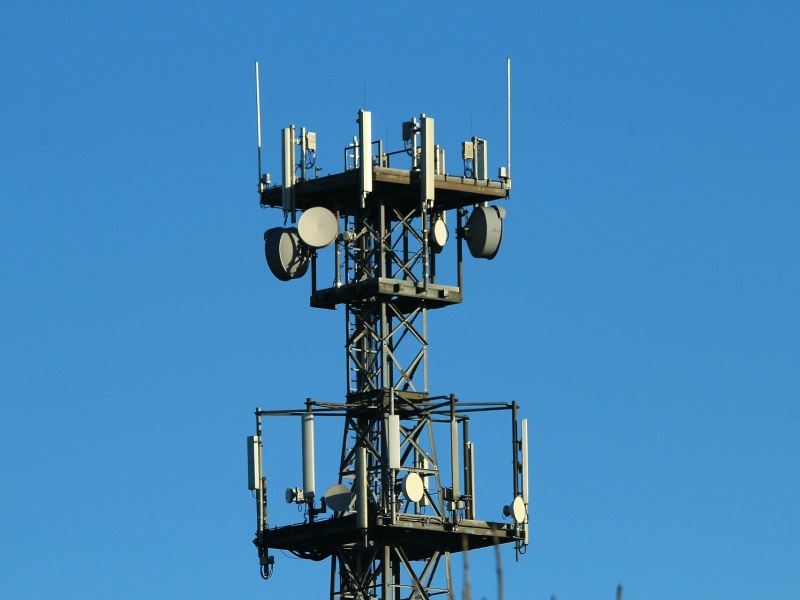'Spectrum Sharing Will Help Smaller Players, Ease Network Congestion'
Advertisement

Spectrum sharing will help large telecom companies address network congestion and make it easier for small players to provide advanced mobile technologies like 3G and 4G, an India Rating research report said on Friday.
Operators, however, would need to strike a balance between the costs of sharing (0.5 percent increase in spectrum usage charges) and the benefits derived from spectrum sharing, it added.
In a bid to ease telecom congestion, the government on August 12, allowed companies to share airwaves in the same band so as to reduce call drops but did not allow leasing of spectrum.
"Spectrum sharing among telecom operators will benefit large players in terms of spectral efficiencies and small players in terms of advanced mobile technologies and thus is a positive for the sector and customers," Ind-Ra said.
It however said disallowing spectrum leasing and a lack of clarity around trading norms at this point are negatives since many small players are cash strapped, which otherwise could have helped monetise underutilised spectrum holdings.
Advertisement
"Disallowing spectrum leasing means that operators that were hoping to monetise their underutilised spectrum holdings cannot do so," it said.
Operators can pool their spectrum holding for a common use, and cannot lease out additional/ unutilised spectrum held by them.
Advertisement
"Not allowing efficient allocation of a scarce resource is a negative for the industry," it added.
Ind-Ra said sharing will be economically viable for both large and small players.
Advertisement
"Two large players can come together to address the issue of network congestion. Small players without enough spectrum (less than 5MHz) can provide advanced mobile technologies namely 3G/4G. Sharing will also benefit players looking for additional spectrum to augment their current holdings," it said.
However, the sharing of liberalised/auction allocated spectrum with administratively allocated spectrum is a roadblock.
An operator needs to pay one-time spectrum charges to liberalise his administratively allocated spectrum block, it added. Ind-Ra expects most action in the 800MHz and 1800MHz bands as they have the capability to provide 4G services over 5MHz contiguous blocks.
Broadband base in India is growing and there is increasing demand for spectrum to support growing data volumes over wireless mobile network.
India has more than 85 percent of its broadband subscriber base on wireless network.
"This is unique to India (with global average being below 50 percent) and therefore demands higher spectrum," Ind-Ra said.
For the latest tech news and reviews, follow Gadgets 360 on X, Facebook, WhatsApp, Threads and Google News. For the latest videos on gadgets and tech, subscribe to our YouTube channel. If you want to know everything about top influencers, follow our in-house Who'sThat360 on Instagram and YouTube.
Advertisement
